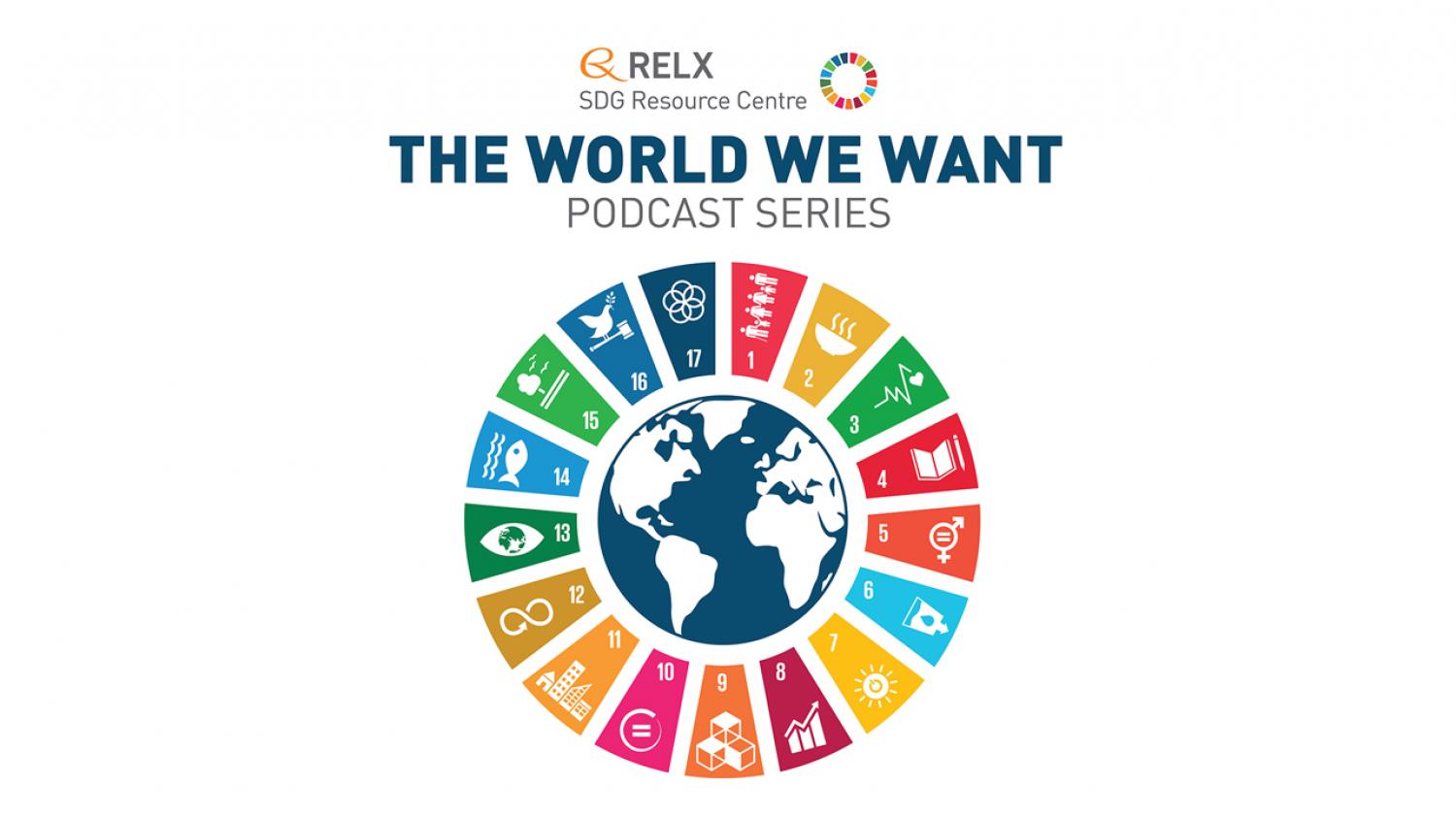Applied Behavior Analysis for Clinical, Educational, and Training Applications, 2026, pp 305-326
This chapter introduces autism spectrum disorder (ASD) and intellectual developmental disabilities through applied behavior analysis (ABA), aligning with SDG 3 (Good Health and Well-being) by promoting evidence-based strategies to improve health and quality of life, and SDG 10 (Reduced Inequalities) by advocating ethical, inclusive practices that respect neurodiversity and ensure equitable support for individuals with ASD and IDD.
Effective decision support systems are more essential as smart cities continue to develop. Decision-makers can use the suggested framework as a flexible platform for integrating, analyzing and visualizing complex data streams to help with resource management, policy formation, and urban planning.
Next Generation Renewable Thermal Energy Harvesting, Conversion and Storage Technologies, Emerging Technologies and Materials in Thermal Engineering Series, 2026, Pages 449-484.
This chapter supports the UN SDGs by advancing sustainable and affordable clean energy (SDG 7), promoting innovation and infrastructure (SDG 9), and contributing to climate action through efficient geothermal energy utilization (SDG 13).
Next Generation Renewable Thermal Energy Harvesting, Conversion and Storage Technologies, Emerging Technologies and Materials in Thermal Engineering Series, 2026, Pages 177-216
This chapter supports the UN SDGs by advancing sustainable and affordable clean energy (SDG 7), promoting industry innovation and infrastructure (SDG 9), and ensuring responsible consumption and production through improved nanomaterial coatings for solar energy efficiency (SDG 12).
Observed on Tuesday, September 30, 2026, International Translation Day pays tribute to language professionals whose work enables cooperation across borders. Translators, interpreters, editors, and terminology experts make dialogue possible, protect clarity in public discourse, and help strengthen peace and security worldwide.
This article is a review of the global commitments to ending hunger and achieving SDG2 by 2030, analisesthe rhetoric, actionable plans, financing, and accountability mechanisms. Strengthening global governance and institutionalizing monitoring of commitments are essential to translate these declarations into effective national policies.


